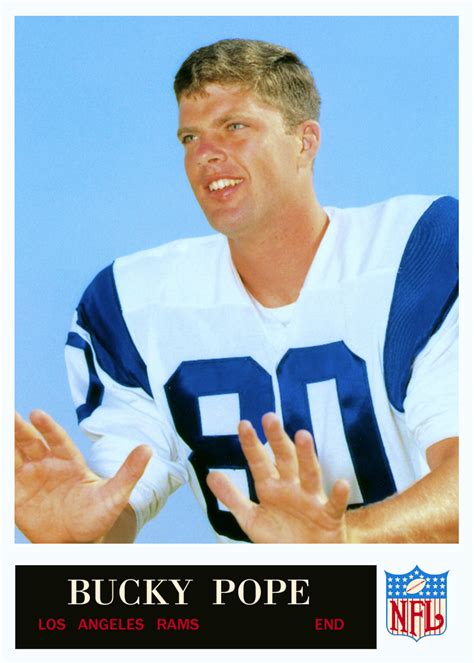A Quote by Tracy Letts
I never know what the hell I'm writing about, I never know what the next thing I'm writing about is, I never have a plan.
Related Quotes
The secret to writing is writing. Lots of people I know talk about writing. They will tell me about the book they are going to write, or are thinking about writing, or may write some day in the future. And I know they will never do it. If someone is serious about writing, then they will sit down every day and put some words down on paper.
I've never had a mentor personally of any kind. It feels like, generally, in the writing world or the art world, it's more of a thing in America, because you have writing programs, which we don't have. You have these amazing writers who are teachers. I never did a writing program so I never met a writer until I was published. I guess I can't really explain my compulsion for writing these kind of mentor characters.
That's one thing brands are understanding is, I'm the blogger who's not writing about fashion. I'm not writing about beauty. I'm not writing about gossip. I'm not writing about politics. I'm writing about all of that. I'm the person they can come to if they just want to reach people who care and have their fingers on pop culture.
The most interesting thing about writing is the way that it obliterates time. Three hours seem like three minutes. Then there is the business of surprise. I never know what is coming next. The phrase that sounds in the head changes when it appears on the page. Then I start probing it with a pen, finding new meanings. Sometimes I burst out laughing at what is happening as I twist and turn sentences. Strange business, all in all. One never gets to the end of it. That’s why I go on, I suppose. To see what the next sentences I write will be.
I like what I do. Some writers have said in print that they hated writing and it was just a chore and a burden. I certainly don't feel that way about it. Sometimes it's difficult. You know, you always have this image of the perfect thing which you can never achieve, but which you never stop trying to achieve. But I think ... that's your signpost and your guide. You'll never get there, but without it you won't get anywhere.
I entered the literary world, really, from outside. My entire background has been in sciences; I was a biology major in college, then went to medical school. I've never had any formal training in writing. So what I know about writing, I know from my own instincts, and whatever the narrative voice is in my own head.
Critics stopped being relevant when they stopped writing to inform and contextualize, and when they started writing to signal who they are, to display their identity by their stance on what they are writing about. Criticism should never be about the critic, but thats what it has become, and that’s why no one cares about them anymore.





































